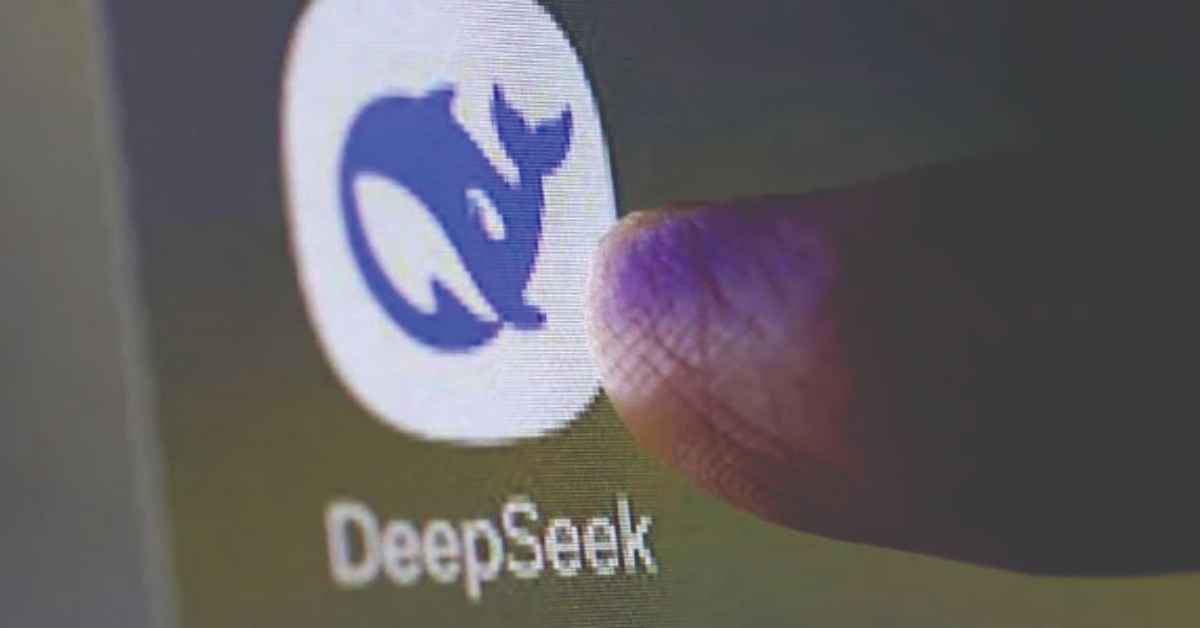China’s AI Gap with US Shrinks to 3 Months – Lee Kai-fu
This challenged the prevailing belief that US sanctions were stalling China’s AI progress.

China has significantly reduced its artificial intelligence (AI) development gap with the United States to just three months in some areas, thanks to companies like DeepSeek optimizing chip usage and improving algorithms, according to 01.AI CEO Lee Kai-fu.
Lee, a renowned AI expert and former Google China head, told Reuters that DeepSeek’s advancements indicate China has surpassed expectations in fields such as infrastructure software engineering.
In January, DeepSeek made waves in the AI industry by unveiling a reasoning model trained using less sophisticated chips at a lower cost than its Western rivals.
This challenged the prevailing belief that US sanctions were stalling China’s AI progress.
“Previously, the gap was around six to nine months across all areas. Now, I believe it’s down to three months in some core technologies, with China even leading in certain aspects,” Lee said in an interview in Hong Kong.
He described Washington’s semiconductor restrictions as a “double-edged sword”—creating short-term difficulties but also driving Chinese firms to innovate under constraints.
He highlighted how companies had developed new algorithms despite these limitations.
“DeepSeek’s ability to refine reinforcement learning and optimize reasoning processes suggests that China is not only catching up with the US but may even be pioneering certain innovations,” Lee said. He noted that DeepSeek’s models provide reasoning explanations before delivering answers—an approach initially developed by OpenAI but not yet made available to users.
Following OpenAI’s launch of ChatGPT in late 2022, China’s tech sector rapidly joined the race to develop generative AI.
However, until DeepSeek’s emergence, many industry leaders acknowledged they lagged behind Western companies.
Lee, who also runs a venture capital firm, founded 01.AI in March 2023, joining startups like ZhipuAI and Moonshot, as well as tech giants Baidu, Alibaba, and ByteDance, in building foundational AI models.
He noted that investing in proprietary AI models has become increasingly difficult for startups due to competition from major tech firms and evolving open-source alternatives.
Instead, 01.AI is focusing on practical AI applications, offering software solutions that enhance the deployment of foundational models.
Earlier this month, the company launched Wanzhi, a platform designed to help enterprises implement AI technology.
Lee stated that 01.AI has already begun generating revenue and expects substantial growth in 2025, aiming to multiply last year’s $15 million revenue several times over.
